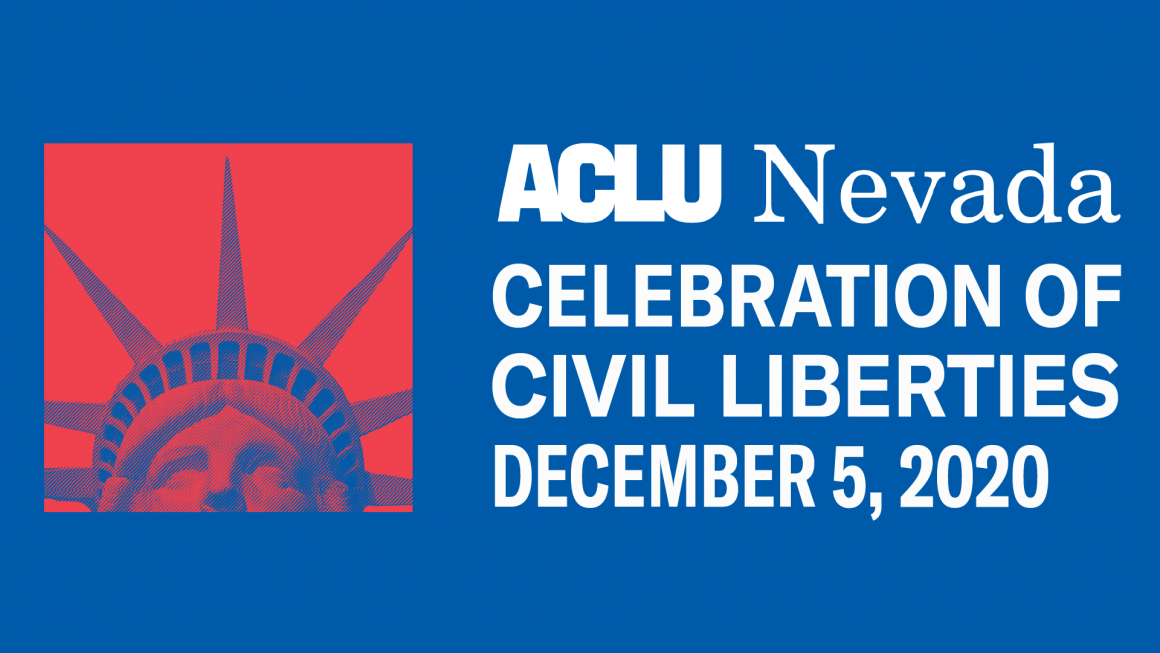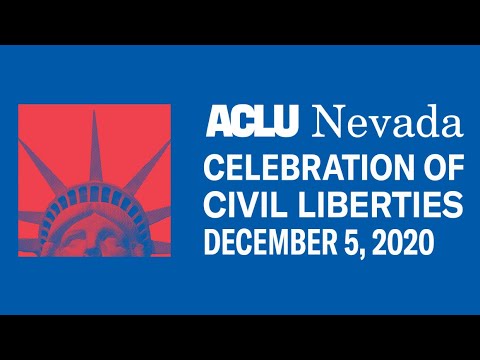Although Congress outlawed pregnancy discrimination in 1978, far too many employers still routinely deny pregnant workers the temporary job modifications they need to keep working and have a healthy pregnancy. These requests for “accommodations” — such as more frequent breaks, schedule changes, and reassignment of hazardous tasks — often are denied to pregnant workers, and can result in severe consequences for their health and financial security. Nobody should have to choose between a healthy pregnancy and a job.
The bipartisan Pregnant Workers Fairness Act (PWFA) would outlaw such discrimination and require employers to provide “reasonable accommodations” to pregnant workers. The PWFA has never been so close to becoming law. The House of Representatives passed the bill earlier this year, and we’re waiting for the full Senate to take it up for a vote.
The ACLU has represented numerous pregnant women who have faced a terrible choice: follow their doctors’ orders or lose their incomes. Their stories illustrate three key reasons why the PWFA is urgently needed –– and long overdue.
1: The PWFA is vital for workers’ health.
It’s generally safe to keep working during pregnancy. But many jobs do pose risks to pregnant workers’ health. Police officers and firefighters face life-threatening dangers. Retail workers and cashiers must stand for hours at a time. Custodial staff are exposed to toxic chemicals. And even for people with desk jobs, the realities of even a “normal” pregnancy — from morning sickness to regular prenatal care visits — can interfere with work. For these reasons, pregnant workers may need to temporarily modify their duties and — where pregnancy complications are more severe — take job-protected leave. Employers that deny such accommodations put pregnant workers in the position of leaving work altogether, or working without the safety precautions they need.
2: The PWFA protects families from serious financial hardship.
Pregnancy discrimination in the workplace often leads to significant financial hardship for employees who are forced to take unpaid leave, or fired because they need job modifications employers aren’t willing to provide. The loss of income imposes costs not faced by other workers who choose to start a family — and could not come at a worse moment for pregnant workers and their families.
“At that point, I was about six months away from my due date. How was I supposed to live for six months without a paycheck? How could I buy what I needed to prepare for my baby’s arrival? How would I support my son after he was born? When I got the leave paperwork from the company, the news got even worse: Rural/Metro’s policy did not allow employees who were on leave to work for another company, either … The reality was that I not only was going to lose my paycheck temporarily; I also was at risk of losing my job forever.”
— Michelle Durham
When Michelle Durham, an emergency medical technician (EMT) in Alabama, became pregnant and was directed by her doctor to avoid heavy lifting, her employer told her that her only option was to take unpaid leave — but capped her time off at 90 days. With months to go until her due date, she was effectively fired. The resulting loss of income meant that Michelle had to move in with her grandmother, and fell deep into credit card debt. Years later, she still had bills to pay after giving birth to her son.
3: The PWFA will help assure equal opportunity for pregnant workers
Since 1978, when Congress outlawed pregnancy discrimination under federal law, pregnancy has become routine in the U.S. workplace. Women now comprise half the workforce, and roughly 85 percent of working women will be pregnant at least once. Census figures show that most workers can and will remain on the job well into their final month of pregnancy. Simply put, pregnancy is a normal condition of employment — and employers should be obligated to treat it that way.
“Though my male co-workers were allowed to come and go virtually without penalty, I kept racking up points due to my pregnancy. If throwing up due to severe morning sickness made me late, I got a fraction of a point. Once, I started bleeding and had to be hospitalized overnight. I accrued a point for that too.” — Katia Hills
Katia Hills, an AT&T Mobility retail sales representative in Indiana, was fired after she accumulated too many punitive “points” under the company’s attendance policy. AT&T deemed Katia’s absences caused by severe morning sickness, prenatal appointments, and ER visits “unexcused,” while co-workers’ absences due to jury duty, bereavement, and other reasons unrelated to pregnancy were “excused” and spared points. As a result, Katia not only lost her job; she lost the opportunity to fulfill her dream of advancing in the company and eventually achieving a management role.
Bottom line: No one should be forced to choose between their job and a healthy pregnancy.
The PWFA assures that pregnant workers can keep working, and earning, while also maintaining a healthy pregnancy. Forty years after Congress acted to outlaw pregnancy discrimination, it is long past time for it to assure that workers get the accommodations they need to stay on the job.
https://www.aclu.org/news/womens-rights/three-reasons-why-congress-must-pass-the-pregnant-workers-fairness-act-now
Workers still are routinely denied the temporary job changes they need to have healthy pregnancies — but a bipartisan bill is poised to provide millions of workers with these protections.





